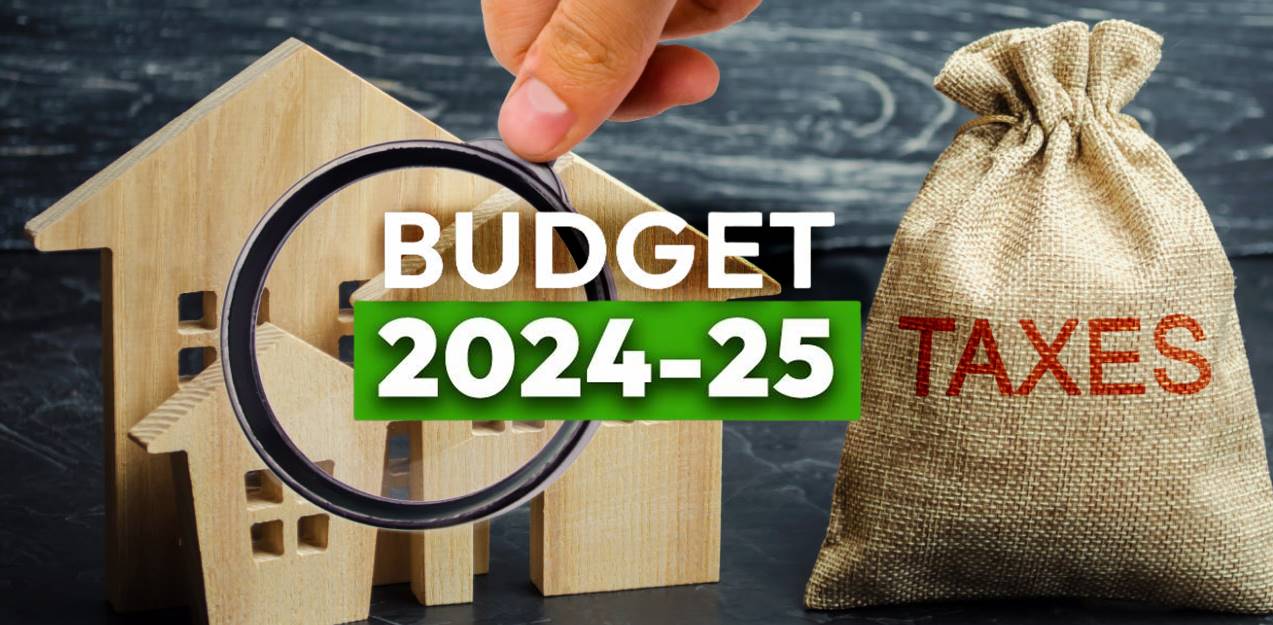In response to the federal budget, leading opposition parties such as Pakistan Tehreek-e-Insaf (PTI) and Jamaat-i-Islami, along with the All-Pakistan Anjuman-e-Tajran and chambers of commerce in major cities like Karachi, Faisalabad, Sialkot, and Rawalpindi, have collectively rejected it.
They labeled the IMF-influenced and tax-laden Federal Budget 2024-25 as detrimental and harmful to the people already grappling with inflation, foreseeing dire consequences for the economy and ordinary citizens, including a surge in inflation.
PTI Termed the Budget as “Economic Murder”
The PTI Spokesperson issued a statement condemning the federal government’s budget as destructive to the people, likening it to an “economic murder” that would profoundly affect the daily lives of ordinary citizens, leading to increased prices, unemployment, and poverty.
He criticized the budget as being dictated by the IMF, with no input from the government, resulting in further hardships for the populace.
Despite setting an ambitious GDP growth target of 3.6%, the World Bank projected a more modest 2.4% growth. The spokesperson deemed the 12% inflation target unrealistic and warned of a surge in inflation due to heavy taxation, particularly highlighting the 48% increase in the tax target on IMF’s insistence.
He expressed concern over the impact of abolishing tax exemptions on exporters and increasing real estate taxes, predicting market instability and a rise in cash transactions.
The spokesperson noted the insufficient federal income to cover interest payments after disbursing funds to provinces, highlighting a significant increase in the pension bill and tax burden on the salaried class.
He criticized the government’s decision to increase real estate taxes and impose a 45% tax on non-filers, labeling the inclusion of a late filer category as ill-advised. Additionally, he derided the allocation of funds, citing a disproportionately low amount for agricultural development compared to earlier promises.
J.I Termed the Budget as “IMF’s Slavery Document.”
JI chief Hafiz Naeemur Rahman has strongly criticized the recently unveiled federal budget, denouncing it as an “IMF’s slavery document.”
He criticized the Finance Minister’s press conference, labeling it a portrayal of failures, and accused the government of allowing IMF interference in national institutions.
Hafiz Naeemur Rahman questioned the leadership’s reluctance to negotiate with the IMF in the country’s best interests and criticized the importation of finance ministers, doubting their dedication to Pakistan’s economic welfare.
Despite 23 IMF programs, he noted no significant economic improvement, dismissing FBR’s role in increased tax revenue and highlighting the burden on the poor from rising petroleum levies and utility bills.
“The poor have been squeezed by petroleum levies, expensive gas, and electricity bills,” he said.
Hafiz Naeemur Rahmanemphasized that 87% of the tax revenue is allocated to pay off loans and interest, arguing that the economy will not improve as long as there is interest.
Traders Termed it as Anti Business Budget
Describing the budget as detrimental to traders and businesses, various organizations such as the All-Pakistan Anjuman-e-Tajran and chambers of commerce in major cities like Karachi, Faisalabad, Sialkot, and Rawalpindi have rejected it.
Ajmal Baloch, President of All Pakistan Anjuman-e-Tajran, criticized the significant tax hikes and the imposition of an 18% sales tax on mobile phones as draconian measures.
He also highlighted the absence of measures to cut unnecessary government spending and criticized the sales tax on leather goods, foreseeing a notable rise in shoe prices.
LCCI President Kashif Anwar expressed concerns that the budget would exacerbate inflation and pose challenges to the economy and industries, arguing that it cannot sustain the economy.
FPCCI President Atif Akram Sheikh objected to the increased levy on petroleum products and demanded relief in the power sector, emphasizing that industries cannot operate under the current electricity rates.
Senior Vice President FPCCI Saqib Fayyaz welcomed the allocation for the K4 project in Karachi but criticized the significant tax hike for exporters, which he deemed unfavorable. KCCI
President Zubir Motiwala criticized the imposition of taxes, particularly on real estate, predicting inflation and industry weakening. He also called for a review of power prices, while acknowledging the tax on luxury items.
Salaried Persons Respose :
Salaried person’s also rejected the

